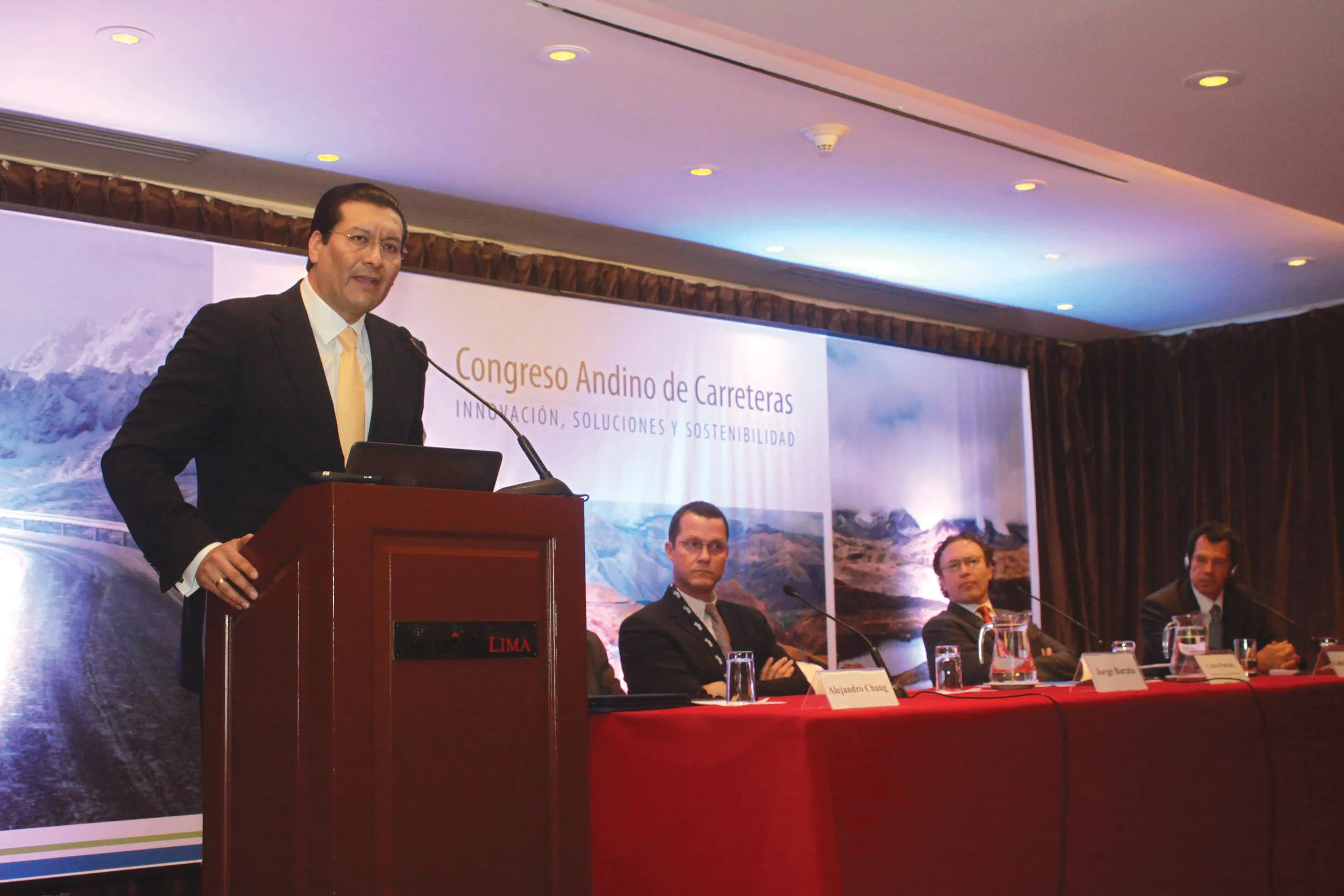Concern has been expressed in Austria over the potential costs of upgrading the country’s road network to cope with 60tonne trucks measuring up to 25.5m long. The introduction of these massive ‘gigaliners’ has been proposed across the EC. But Austrian highway operator Asfinag has said that upgrading the country’s roads, highways, bridges and tunnels to make them suitable for gigaliners would cost some €5.4 billion. Asfinag has also expressed its concern over the safety issues surrounding these vehicles due
May 2, 2012
Read time: 2 mins
Concern has been expressed in Austria over the potential costs of upgrading the country’s road network to cope with 60tonne trucks measuring up to 25.5m long.
The introduction of these massive ‘gigaliners’ has been proposed across the EC. But Austrian highway operator4178 Asfinag has said that upgrading the country’s roads, highways, bridges and tunnels to make them suitable for gigaliners would cost some €5.4 billion. Asfinag has also expressed its concern over the safety issues surrounding these vehicles due to their size and weight. Vulnerable road users such as motorcyclists, cyclists and pedestrians are thought to be at particular risk should such vehicles be introduced.
The Austrian minister for transport, Doris Bures, is also against the introduction of gigaliners to the country. The possibility of these giant trucks being introduced has also been causing concern in a number of other European nations but it is of note that a leading highway operator in Austria should be against these vehicles.
The introduction of these massive ‘gigaliners’ has been proposed across the EC. But Austrian highway operator
The Austrian minister for transport, Doris Bures, is also against the introduction of gigaliners to the country. The possibility of these giant trucks being introduced has also been causing concern in a number of other European nations but it is of note that a leading highway operator in Austria should be against these vehicles.









